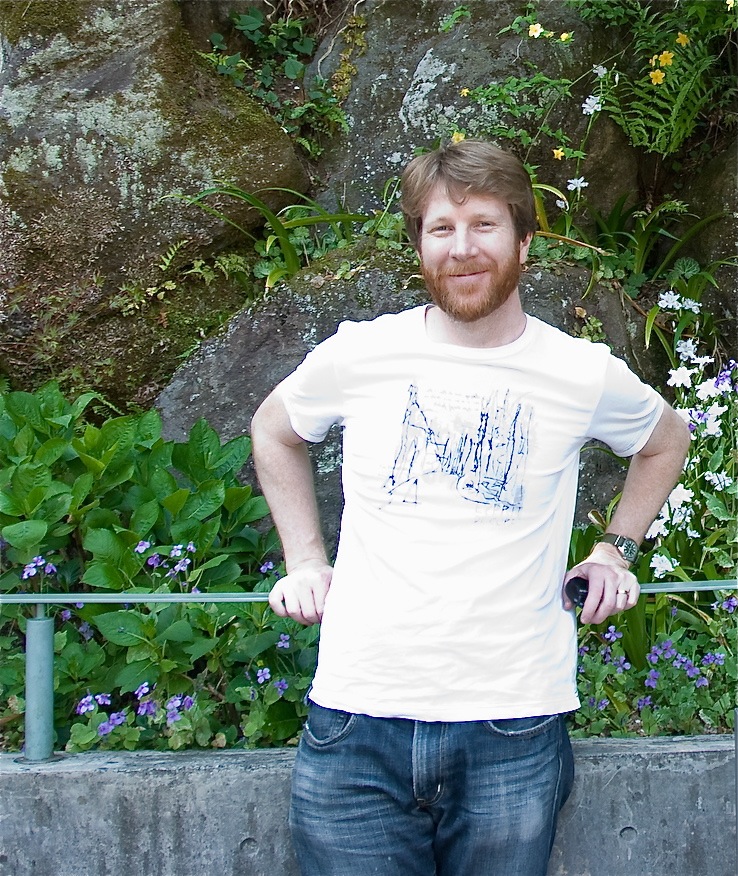Philosophy Seminar Series: 15 March 2011, 2-3:45pm, Philosophy Resource Room; Speaker: John O’Dea, Assistant Professor, University of Tokyo; Moderator: Dr. Tang Weng Hong
Abstract: Under non-ideal conditions, which are most conditions, objects can appear to have properties which we know they do not have. A coin held at an angle can look oval, not circular. This phenomenon, which introduces the first of Russell’s Problems of Philosophy, always accompanies its opposite, namely perceptual constancy, our tendency to compensate for conditions and perceive things more or less as they really are. We are not fooled by the angle of the coin. The role, and indeed reality, of perceptual “mere appearances” as the other side of perceptual constancy has been a vexed issue for theories of perceptual experience for many years. In this talk I sketch a new theory of the role that perceptual constancy plays in perceptual experience which, I will argue, can make sense of it all. It will emerge that some classes of allegedly simple experiences, such as the visual experience of redness, are actually impossible given our perceptual systems.
